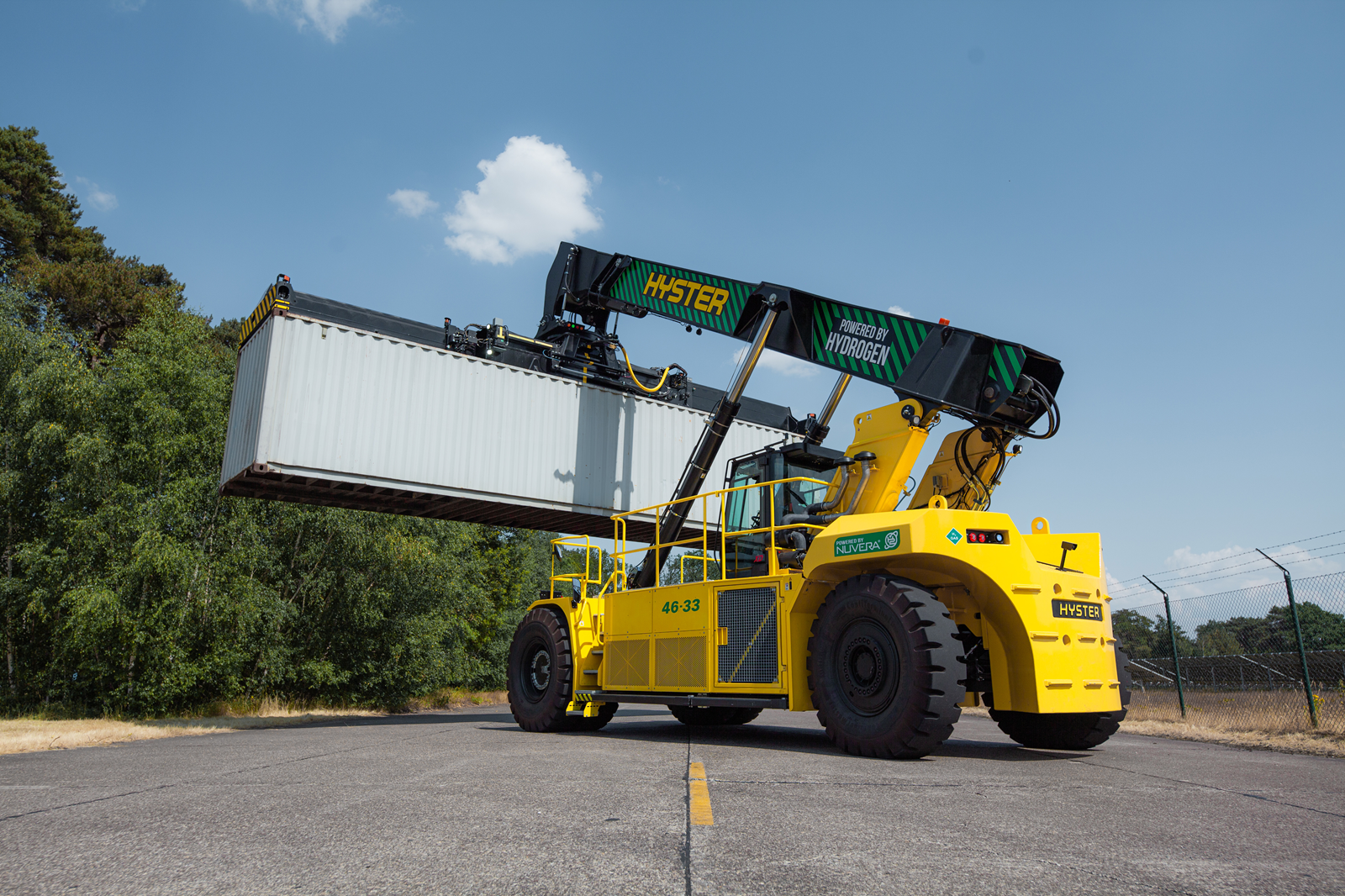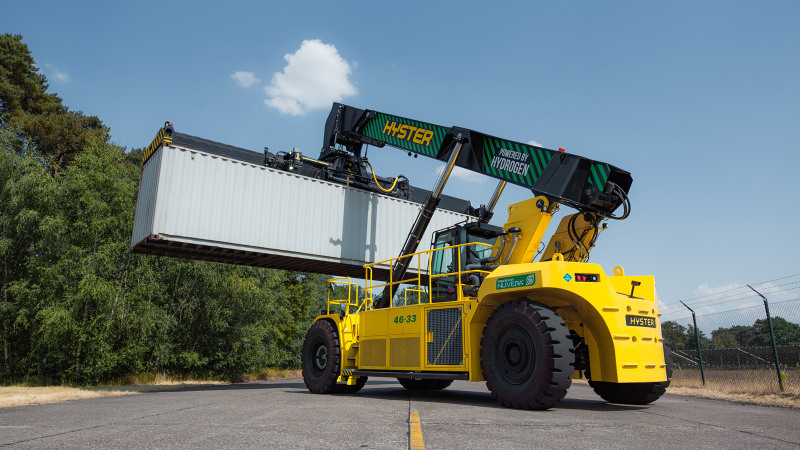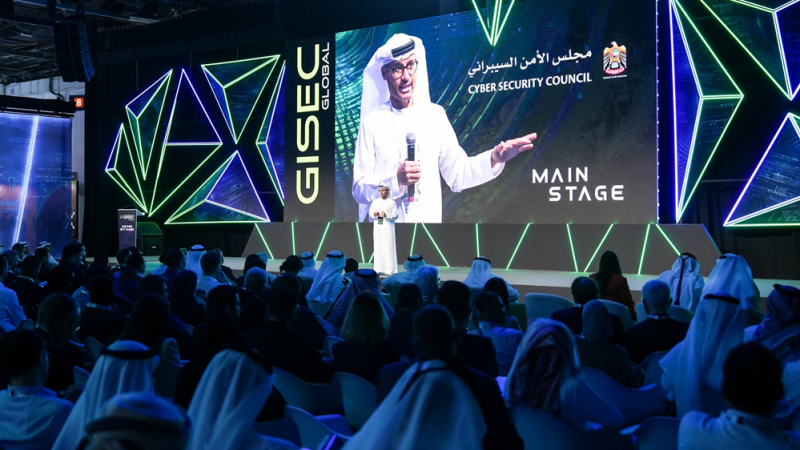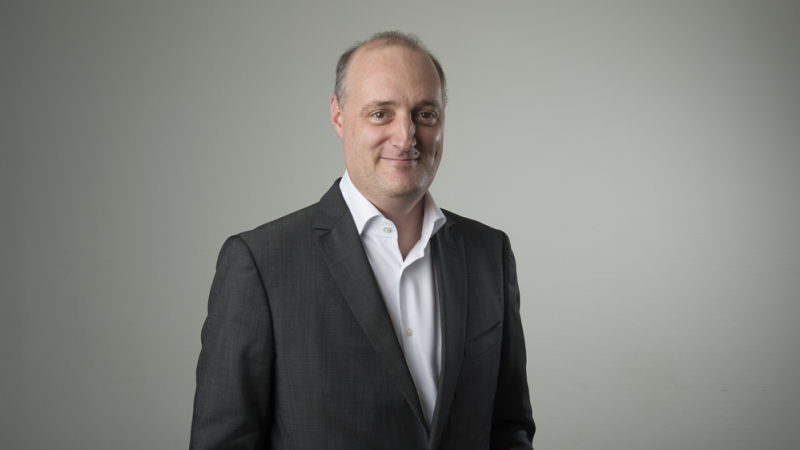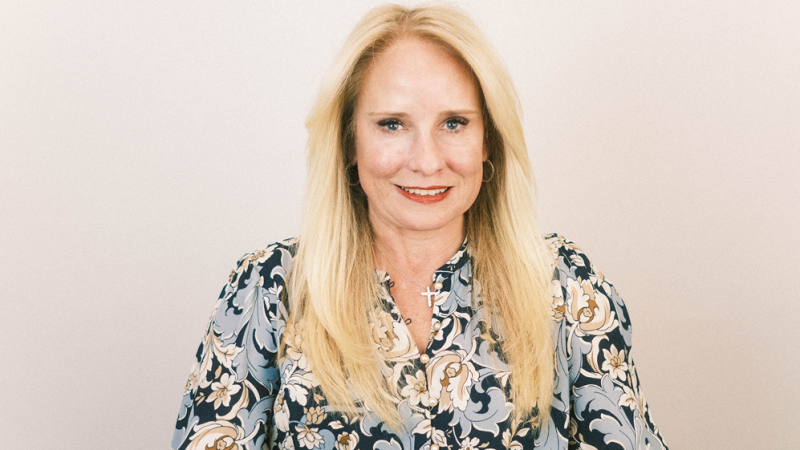Through its wholly owned operating subsidiary, Hyster-Yale Materials Handling, US-headquartered Hyster-Yale designs, engineers, manufactures, sells and services a comprehensive line of forklift trucks, attachments, aftermarket parts and technology solutions marketed globally primarily under the Hyster® and Yale® brand names.
“Hyster-Yale was forged from the merger of two distinct entities, Hyster and Yale,” says Tracy Hixson, Hyster-Yale Materials Handling’s VP of Global Supply Chain. “With Hyster originating as a brand supporting the Forestry business in the West and Yale focusing on warehouse Operations in the East, the consolidation of these brands has created a powerful force in the materials handling sector.”
He explains that the brands were brought together 40 years ago by Hyster-Yale’s current chairman, who redesigned the business while further developing both brands. Today, Hyster-Yale has a truly global footprint.
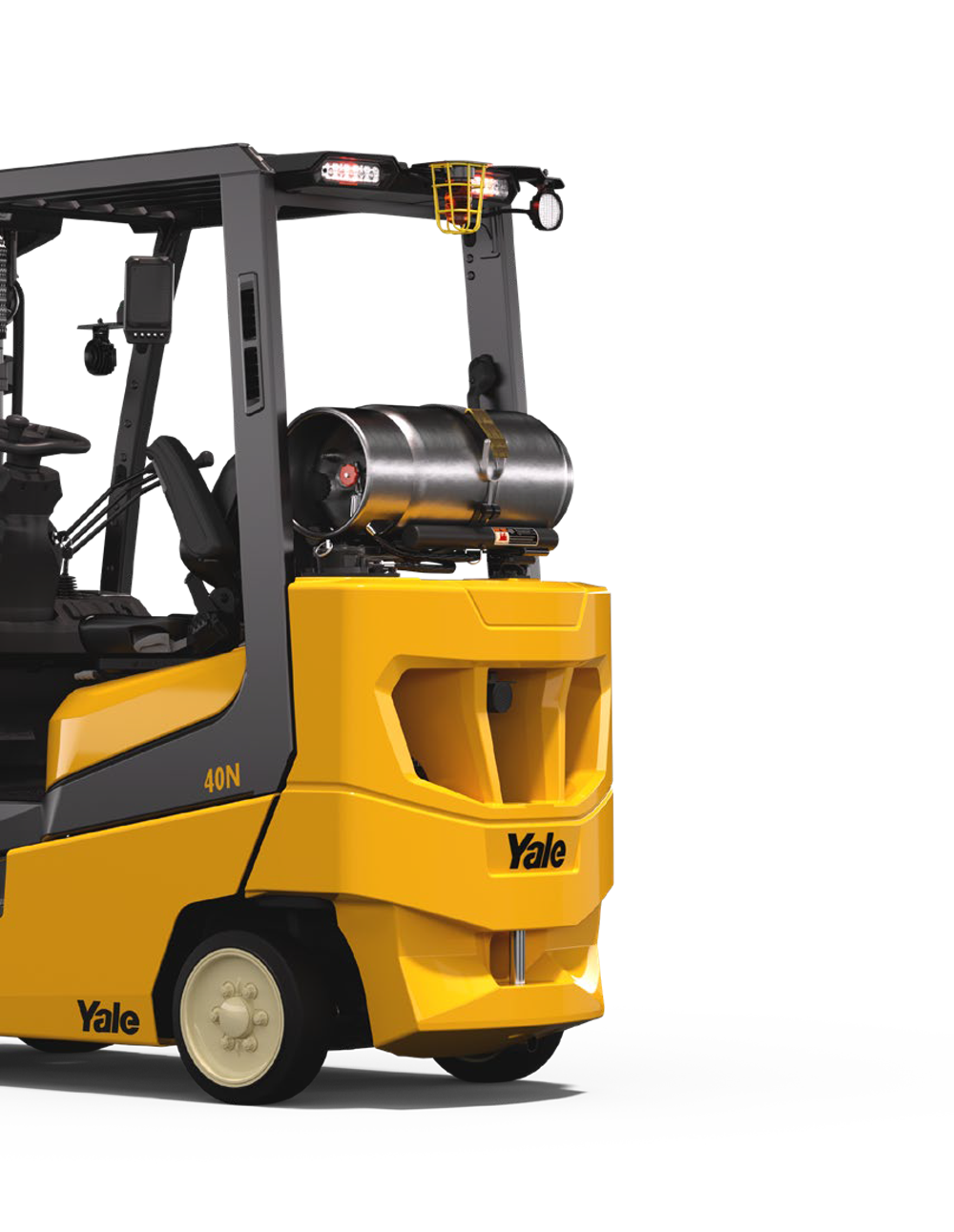 Rather than merely manufacturing equipment, the company is positioned as a solutions-driven enterprise. “Our job is to enable innovative materials movement. We design, manufacture, and sell our products, ensuring end-to-end management of the product line. As such, we are a very solutions-based company,” affirms Hixson.
Rather than merely manufacturing equipment, the company is positioned as a solutions-driven enterprise. “Our job is to enable innovative materials movement. We design, manufacture, and sell our products, ensuring end-to-end management of the product line. As such, we are a very solutions-based company,” affirms Hixson.
In addition to its core forklift truck business, Hyster-Yale Materials Handling operates two subsidiaries – Bolzoni S.p.A., a worldwide producer of attachments, forks and lift tables marketed under the Bolzoni®, Auramo® and Meyer® brand names; and Nuvera Fuel Cells, LLC, an alternative-power technology company focused on fuel-cell stacks and engines.
Comprehensive Lifting Solutions
With a diverse product portfolio ranging from one-tonne forklifts to massive 52-tonne port equipment, Hyster-Yale is the only manufacturer globally that provides an all-encompassing range of lifting solutions. Its expertise in designing high-intensity and speciality products sets it apart in an industry where customization and adaptability are critical.
“From a supply-chain standpoint, I think our true differentiator is our people, who have advanced the company to where it needs to be. As a business, we stand out with our customized approach. We work closely with customers to develop forklifts and material handling equipment suited to specific applications, whether for steel-roll lifting, warehouse automation, or harsh environmental conditions, integrating the latest technology to ensure that our products provide optimum safety and efficiency.”
To stay close to customers and reflect different market requirements, Hyster-Yale Material Handling operates a widespread network of production facilities across multiple continents. Its largest manufacturing plant is in Berea, Kentucky, with the second-largest in Craigavon, Northern Ireland. The company also has facilities in Nijmegen (Netherlands), Greenville (North Carolina), Masate (Italy), and several others in China, India, Japan, Mexico, and the Philippines.
“Our goal is to be able to produce any one of our products in multiple locations. Maintaining multiple production sites enables us to navigate challenges such as fluctuating currency values, tariffs, and trade regulations, and to continue to deliver high-quality products to our customers, regardless of regional economic shifts.”
Transitioning to Lean Manufacturing
Hixson explains that the company is now going through a major transformation to a more of a “one piece flow model” inspired by Japanese production principles. This transition requires a fundamental shift in how materials are sourced and managed which impacts the end-to-end supply chain, our supply partners and our supply management systems.
“Currently, a significant amount of the company’s materials are sourced from outside the manufacturing region where the final products are assembled. This is true for all of our global manufacturing plants. This creates many logistical obstacles of the supply chain.
“The goal of the new model is to minimize excess inventory, reduce waste, and build products in direct response to customer demand,” he notes, reflecting that the company expects to reach full implementation of its new system within the next three to four years. 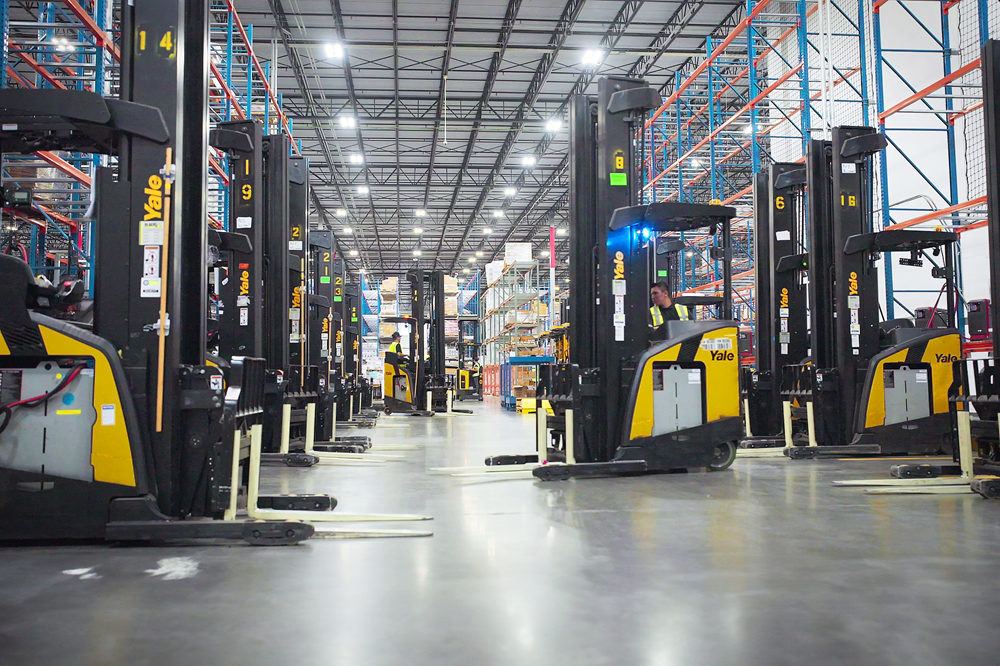
Hixson admits that adopting lean manufacturing practices and restructuring its supply chain has presented challenges, particularly in change management, both internally and externally. “Shifting the company culture and engaging our supplier partners to adapt to new operational methods has proven to be a complex process. Therefore, we spend a lot of time collaborating with both our employees and suppliers, bringing them along on the journey.”
Ready for the New Opportunities
He explains that several years ago, the company moved to a more modular type product line, and introduced a so-called centre-of-gravity supply base for its key programmes. “We made sure we identified the right suppliers who want to partner with us, invest with us, grow with us, progress with us to operational excellence These are suppliers we want to build our foundation on. We work with them every day, foster solid and open relationships, making them as much as possible part of our business.”
Looking ahead, Hixson points out that while the overall market has slowed somewhat, Hyster-Yale is well-positioned to compete more effectively than before. “We are still in growth mode, as we are now able better than before to offer both value-oriented and premium products, capturing a broader customer base. Customers can now choose from a range of products that meet their budget and their specific operational circumstances and needs, while still enjoying high-performance features.”
He reflects that while Hyster-Yale has traditionally relied on mature markets to grow, emerging markets now present new growth opportunities. Asia, particularly China and India, is experiencing increased demand for forklifts and material handling solutions, and continued economic growth is expected to drive demand in the coming years.
“As the industry evolves, Hyster-Yale is set to embrace change and strengthen its global supply chain. We have great people with a great level of engagement, from the senior leadership all the way down to the people on the plant floors. We are a solid, stable business, ready for the challenges and opportunities of the future.”
